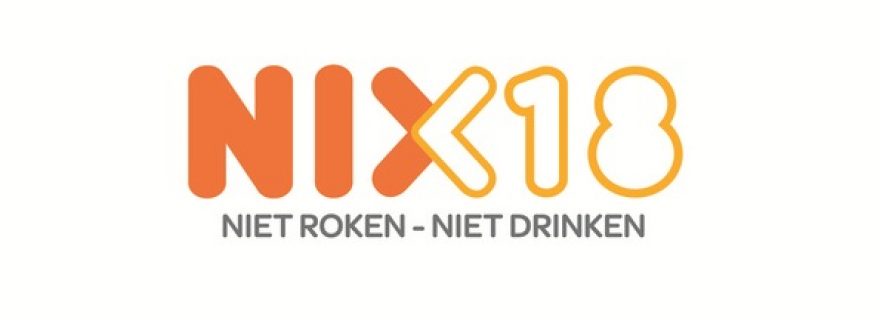Raising the minimal legal drinking age: the best preventive measure thinkable
Barbara Braams is correct in that there is not one single solution to the problem of young people drinking large quantities of alcohol. Yet, no intervention is as effective in lowering adolescent alcohol use as raising the minimum legal drinking age.
Scientific evidence has consistently shown that increasing the minimum drinking age is a highly effective measure. For example, Wagenaar and Toomey (2002) concluded on the basis of 48 studies that a higher minimum age is consistently and significantly related to lower overall alcohol consumption. Anderson, Chisholm and Fuhr (2009) compared governmental policies reducing the availability of alcohol with other kinds of measures, such as education and training, and found the policies to be far more effective. Martineau and colleagues (2013) came to the exact same conclusion in their meta-review of 52 previous reviews and meta-analyses.
Effectiveness & community norms
What is important is that the effectiveness of such measures can be observed, even when other factors that are known to influence drinking behavior of young people, such as alcohol use, parents’ norms or permissiveness, and even alcohol use of peers are controlled for. Moreover, as Smith et al. (2013) showed, the relationship between the community-level norm, law enforcement, and low levels of alcohol use is particularly strong among the very young - the exact group one would most fervently wish to prevent from succumbing to the risk of drinking (too much) alcohol.
Preventing 'teaching' and school 'popularity' competition
Thus, minimizing the availability of alcohol is important. If there is no alcohol, neither is there a problem regarding to have “to teach them to drink responsibly" at such a young age, as Braams states. Having a norm set at national level makes it easier to keep youngsters away from alcohol in general. For instance, schools can now adapt their policies without losing a 'popularity' competition with other schools which do allow drinking at their premises. Having the law on their side, there can be no schools now that have alcohol available at school parties or school outings anywhere.
Guideline for parents
Moreover, the new minimum legal drinking age set at 18, provides a clear guideline for parents, which they so desperately need. In one of our studies, conducted by two Master students, Marloes Vooijs and Sarie van Torenburg, and myself for the municipality of Teijlingen within the context of the Academic Workplace Public Health, we interviewed 15-year olds and their mothers. It appeared that the mothers underestimated the amount their children were drinking. Furthermore, they said they did not want to argue with their child about alcohol, because they already had so many disagreements on topics that they felt truly mattered, specifically going to school, making homework, and going to bed on time. In addition, they felt that drinking alcohol was not as bad as smoking cigarettes or pot.
Their children, however, and somewhat unexpectedly, said that they felt it was certainly part of their parents’ role to comment on their alcohol use and to set clear rules. Interestingly, in the study they further mentioned that they would not openly admit to their parents that they felt that they should take a clear stance with regard to their drinking alcohol, and would always overtly reject such rules. However, they said that they tried to conform "more or less” to the rules their parents set, and for this reason it was important for parents to say, for example, "Do not drink more than two glasses" instead of "Please be sensible" or "Don't drink too much". "If only the parents knew", was one of the thoughts that frequently crossed my mind while running this study.
No protest but business
A final point I would like to make here is that there has hardly been any protest against the new law raising the minimum age of drinking from 16 to 18 as of January 1st 2014. Not from youngsters, not from parents or teachers either. Apparently, the large majority understands that it is a rule that is set to protect the health of the young. The only parties to complain were bar and cafe owners, which only shows that before 2014 they made a substantial profit from selling alcohol to 16- and 17-year olds.





